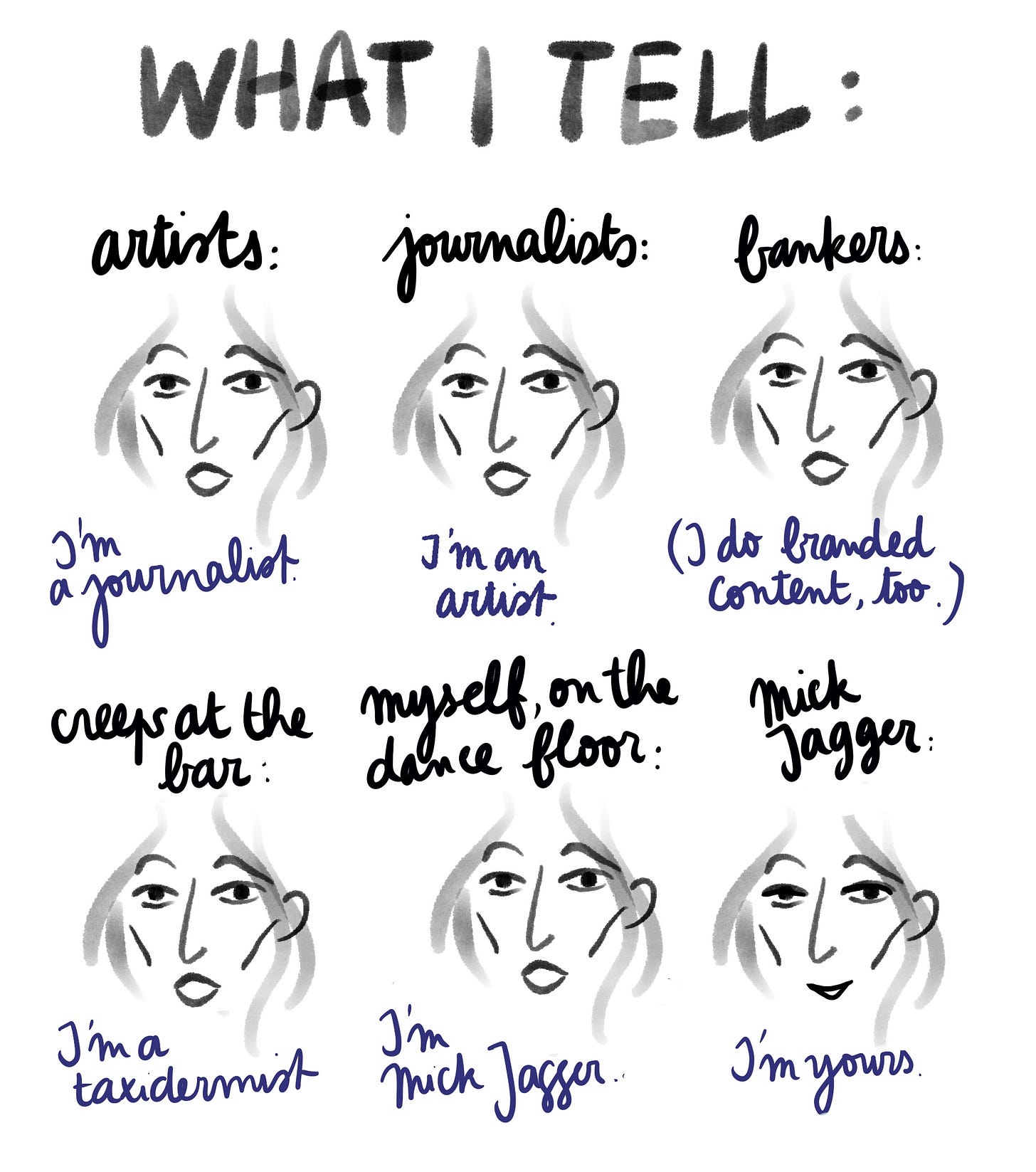A few weeks ago, the author and former New York Times reporter, Jamal Jordan, tweeted about how journalism schools need to teach a module on lay-offs for journalists.

In what turned out to be ominous foreshadowing, yesterday HuffPost UK’s editor-in-chief announced that the news desk was closing and journalists were being made redundant. As someone who went freelance after losing a job in the media, I know how painful it is to go through redundancy, but even worse, how probable it is, too. Ever since it happened to me, I tell every journalist I know that it’s not a matter of if but when you lose your job in the media industry. What does it say about the media industry that I feel more secure in self-employment than I did in a staff job?
As much as going freelance has been a boon for my career, the time I spend on what I call “traditional journalism” (reporting and writing features for mags and rags) has been an exercise in screaming into the void. My pitches go unanswered. Not because I don’t know how to pitch or who to send them to, but because the pitching system is broken. On top of paltry rates, I pay the emotional tax of chasing late invoices.
All this has left me thinking, can I – or indeed do I even want to be – a journalist working under these conditions?
I want to be able to say I stay in journalism because I believe in the power of the fourth estate. And that I know that the business model will eventually work itself out because democracy will always need journalism. It’s earnest and it’s all true, but I also can’t in good faith pretend that’s the only reason. If I’m really honest with myself, I rattle around in this broken industry because I like being able to call myself a journalist. It’s a huge part of my identity – it’s what makes me, me.
In a land and time far, far away, I used to go to parties and tell people that I was a music journalist. My bum clenches with embarrassment at how cool I used to think I was. But back then I didn’t know where my work ended and I began. To a large extent, that’s still the case, but the difference now is that I’m aware of how complicated – and toxic – my relationship is with my work. I’m codependent on my job title.
Someone asked me recently if the solution is just to stop referring to myself as a journalist and say that I’m a writer instead. Maybe it is that simple. But if that’s the answer, then why can’t I just do it?






In my early twenties as a journalist and working on national newspapers, I lived in fear of 'selling out'. I loved telling people that I worked at the Guardian, and then at the Telegraph. Redundancies were happening and the industry in crisis, but still people shamed others for seeking a more lucrative salary and career progression by say, working for a creative agency or brand as a content editor or writer. I completely identify with this piece, I've been there. It's about knowing your worth, what makes you happy, and not feeling like your title is an impressive but hollow one. Journalism as a career is like Instagram - the outside isn't how it really is on the inside. The title is glossy and the work so worthwhile, but the industry is stressful and low paid, with little stability. Don't feel bad about reassessing and pivoting your career in a direction that better serves you. It sounds like you need more than this and it can be helpful to decisively tell yourself that you are moving away from it for six months or a year, to do something else and see how it feels. Your identity is so much more than the word journalist.
I totally understand this! Gradually, I've changed my work identity from journalist to editor/writer. However I still identify as a 'journalist' if I'm doing a news story, because people understand that's what a journalist does. If I identified myself as a writer when I'm chasing a news story, people think I'm a book writer.
'Writer' works for companies - content, articles etc.
'Editor' works for editing work.. including newsletter/magazine production.
Another thought: I'm a member of the National Union of Journalists (NUJ), and I find that designation sometimes helps to open doors (and mouths) as, all of a sudden, I'm taken seriously 😁